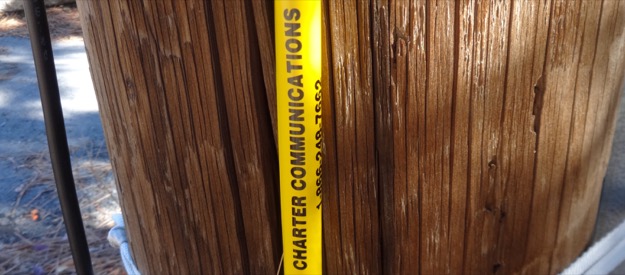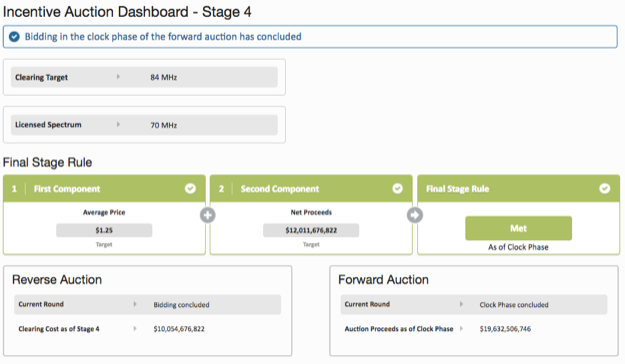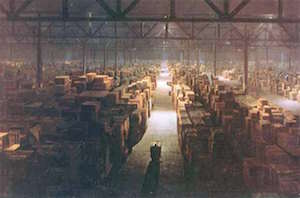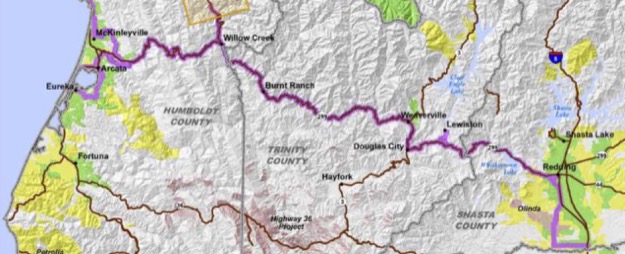4K TV sales growing, with 20% U.S. market share in sight
About three-quarters of all large screen televisions – those more than 50 inches – that were sold last year in the U.S. (and worldwide) were 4K, ultra-high definition (UHD) sets, according to Paul Gagnon, the director of tv sets research for IHS Markit. By 2018, all but 100% of big screens sold will be 4K-capable. In raw numbers, the Consumer Technology Association – the trade association for the U.S. consumer electronics industry – estimates that more than 80 million 4K sets will be sold worldwide this year, and next year the total will be in the 100 million unit range.… More


![By Yahiakordy (Own work) [CC BY-SA 4.0 (https://creativecommons.org/licenses/by-sa/4.0)], via Wikimedia Commons](https://www.tellusventure.com/images/2017/2/bike_on_road.jpg)


![By KTo288 (Own work) [CC BY-SA 3.0 (https://creativecommons.org/licenses/by-sa/3.0) or GFDL (https://www.gnu.org/copyleft/fdl.html)], via Wikimedia Commons](https://www.tellusventure.com/images/2017/2/crowd.jpg)
![By D'oh Boy (Mark Holloway) from Beatty, Nevada, USA (USF Reddaway Triples) [CC BY 2.0 (https://creativecommons.org/licenses/by/2.0)], via Wikimedia Commons](https://www.tellusventure.com/images/2017/2/triple_truck.jpg)



